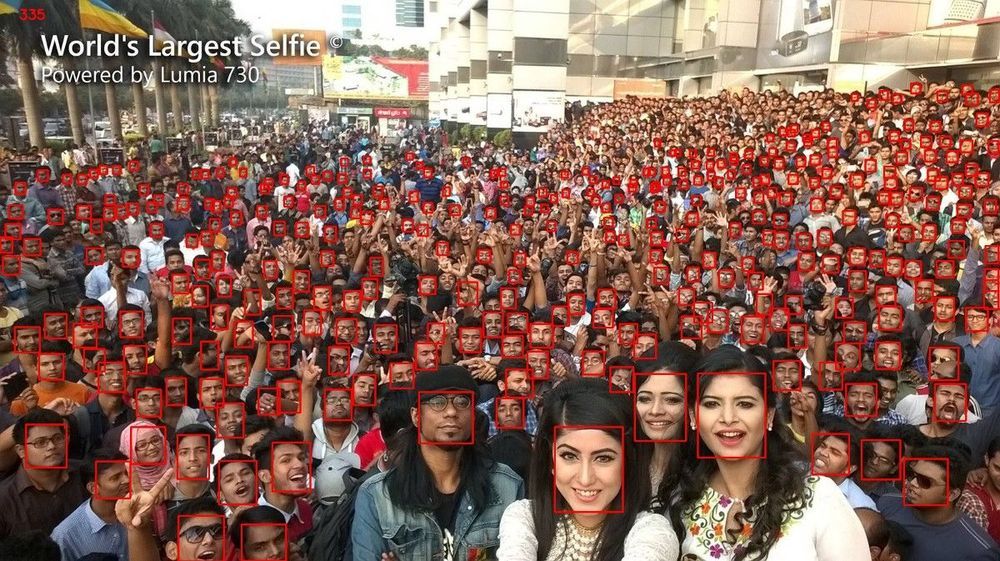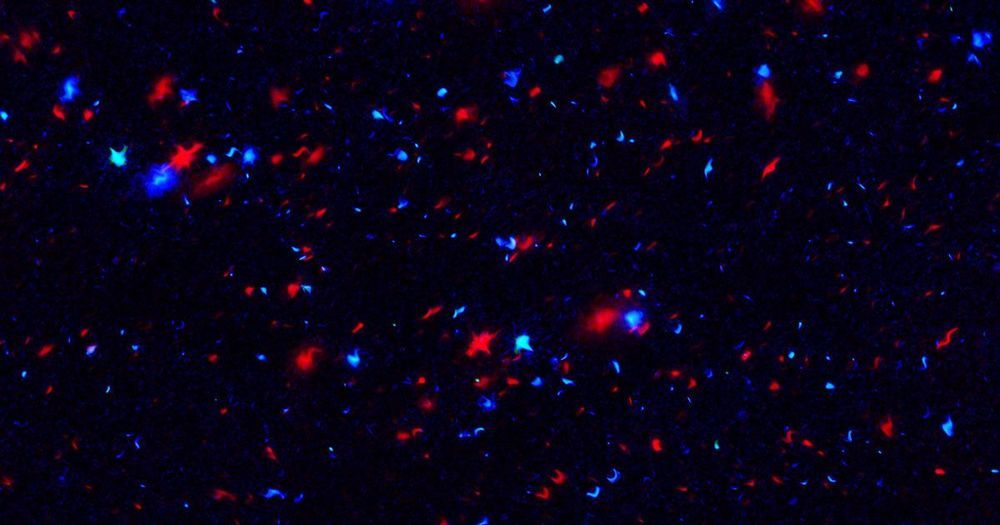Oct. 29 is World Stroke Day. Sometimes called a brain attack, stroke is the second leading cause of death worldwide and the fifth leading cause of death in the U.S. Men and women are at risk of a stroke, but women are more likely to have – and die – of a stroke than men. Dr. Kara Sands, a Mayo Clinic neurologist, says stroke kills twice as many women as breast cancer. The good news is that strokes are preventable, treatable and beatable.
Journalists: Broadcast-quality video (0:59) is in the downloads at the end of this post. Please “Courtesy: Mayo Clinic News Network. ”Read the script.







